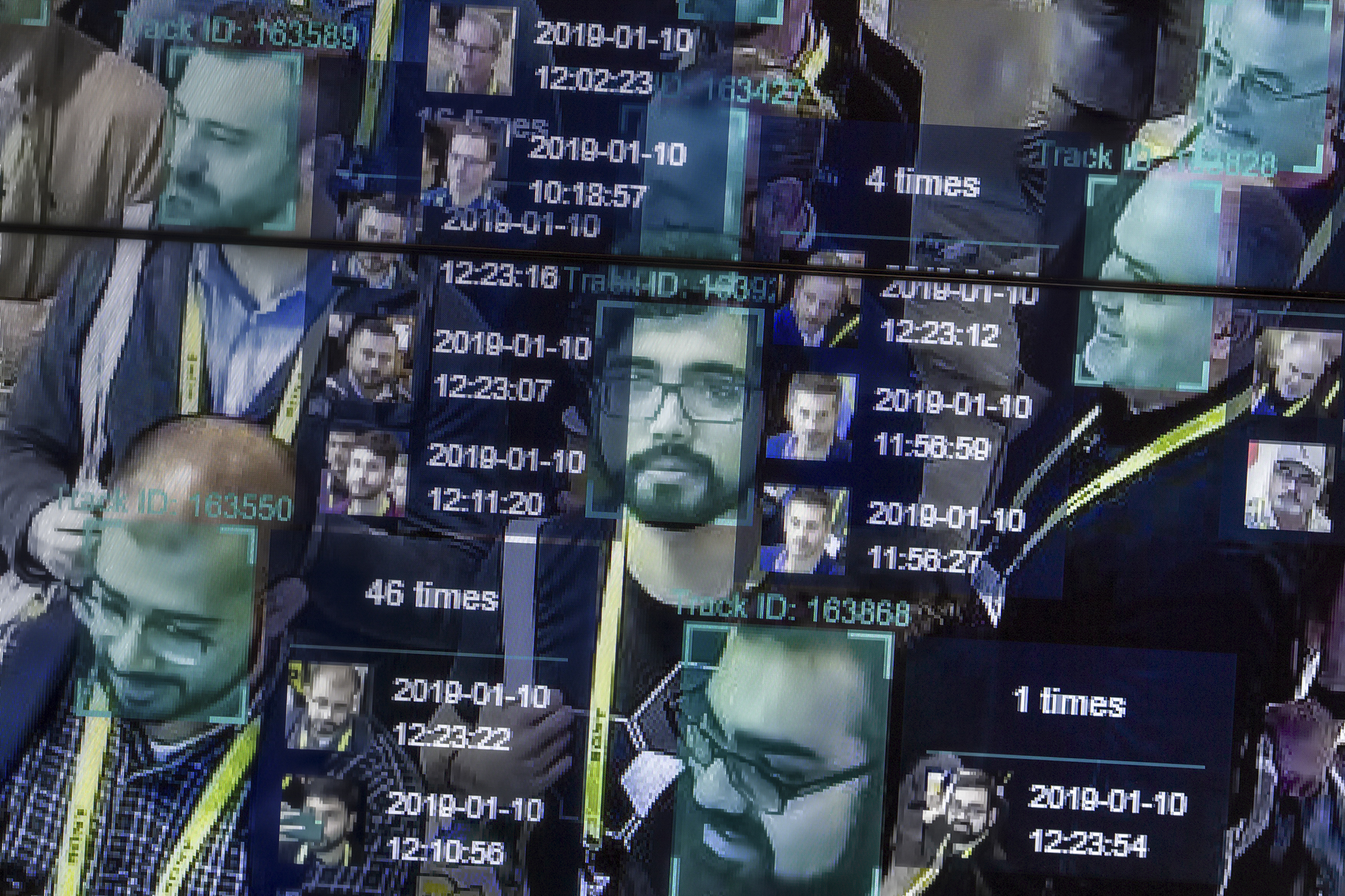UCLA was going to be the first university in the U.S. to use facial recognition, but backlash against the idea has caused the school to reverse course.
Michael Black, UCLA’s administrative vice chancellor, wrote a letter to the digital rights group Fight for the Future on Wednesday, February 18, announcing the school’s decision to back out of using facial recognition. The school was considering using the technology for restricted areas on campus to identify people with a “campus exclusion order.”
According to Fight for the Future’s post, most of the students at UCLA were against implementing facial-recognition software on their campus and openly spoke against enforcing the technology. UCLA would have been the first college campus to implement such software.
“Facial recognition has no place on college campuses,” said Evan Greer, deputy director of Fight for the Future. “Let this be a warning to other schools: if you think you can get away with experimenting on your students and employees with this invasive technology, you’re wrong. We won’t stop organizing until facial recognition is banned on every campus.”

While facial-recognition software is commonplace technology for unlocking our phones or adding fun filters to our faces, many argue that using facial-recognition technology in public places poses a severe threat to our privacy and civil liberties.
In October, Fight for the Future called for a complete ban on facial-recognition surveillance software, specifically for government use. The American Civil Liberties Union (ACLU) also sued the Department of Justice (DOJ), the Drug Enforcement Administration (DEA), and the FBI in October for failure to reveal how facial-recognition software is used.
The city of San Francisco banned the use of facial recognition by city agencies, like police departments, in May 2019. The ban was seen as a proactive move to encourage other cities to limit the use of facial recognition in public places.
While UCLA has said no to facial recognition, there are still other colleges across the country that are considering using the technology. Fight for the Future’s website says that prominent schools such as Duke University, George Washington University, Princeton, and Yale have either not committed to saying they won’t use the technology, or have implied that they will use it.
Fight for the Future argues that facial recognition on college campuses is problematic and is prone to racial and gender bias. The organization said that the technology is more likely to misidentify people of color, more specifically, women of color.
College students around the country are planning a national day of action on March 2 to draw awareness to the possible dangers of facial recognition.
Editors' Recommendations
- Portland bans private and public use of facial recognition tech
- Facebook ordered to pay $650 million in facial recognition lawsuit
- Microsoft won’t sell facial recognition technology to police
- ‘Dazzle’ makeup won’t trick facial recognition. Here’s what experts say will
- Uncanny Face ID mask can deter the spread of germs, but won’t unlock your phone




